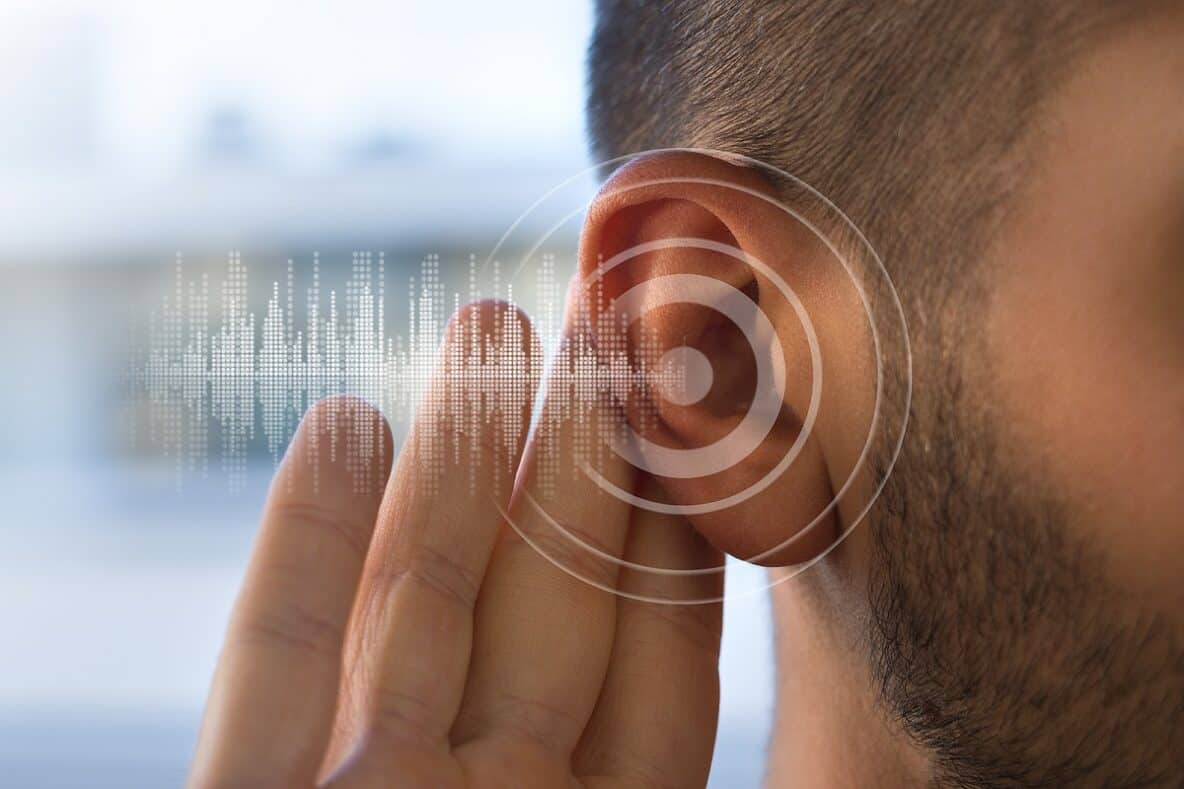Many people with diabetes are vigilant about monitoring their eye and kidney health. They are often screened thoroughly for arterial diseases that might affect the health of limbs. But another common health concern for people with diabetes is hearing health, because according to a recent study, folks with diabetes have hearing loss twice as frequently as those without the condition.
As the end of the year approaches, use American Diabetes Month as motivation to finally get that hearing screening you’ve been wondering about.
November is American Diabetes Month
Setting aside the month of November as a national diabetes awareness campaign was an initiative that began in 1975. Even then, experts knew the rising problem that diabetes presented and would continue to present. Since the 1970s, the rate of diabetes in the US population has risen considerably. From 5.3% in the late 1970s to 14.3% in 2018, the prevalence of diabetes among U.S. adults has grown in the last five decades.
What is diabetes?
Diabetes is essentially a condition that impacts blood sugars within the body. In a healthy functioning digestion process, the food we eat is broken into the building blocks of energy. Sugar, or glucose, is released into the bloodstream which incites the pancreas to release the insulin it creates. Our bodies need insulin to assist in delivering the blood sugar into each cell. When this happens, our cells receive the energy we need and our blood sugar levels return to normal.
In people with diabetes, the insulin process doesn’t work as effectively. For people with Type 1 diabetes, insulin is not properly produced by the body. For those with Type 2 diabetes, the insulin isn’t efficiently processed by the body and blood sugar levels are difficult to regulate.
How can diabetes impact hearing health?
Diabetes affects more than 37 million Americans, and 34.5 million are thought to have hearing loss of some kind. We see a large overlap in these populations, as it seems that many of them are dealing with both ongoing health conditions at once.
The more commonly known health implications of diabetes include deterioration of the kidneys and vision trouble. Many people with diabetes are also closely monitoring the health of their limbs. This is because the blood sugar spikes and drops that accompany diabetes can cause cell and tissue damage. Essentially, an unfavorable blood sugar level can be an inhospitable environment for healthy cells.
This is also true for the important cells of the inner ear, which are integral to the hearing process. They are responsible for collecting noise from the world and turning it into sound information that is then sent to the brain’s processing centers. When we have health inner ear cells, we are able to hear the full spectrum of sound from the outside world.
These cells, though, are vulnerable to the aging process and excessive noise exposure. When they decline, they do not repair themselves or reproduce. Instead, when we have less cells to ‘catch’ sound, we deliver less sound information to the brain. We hear less.
Experts theorize that damage to blood vessels is the reason that people with diabetes experience much higher rates of hearing loss, though more research is needed in order to more fully understand the link.
Tips for managing diabetes
The great news is that in the last five decades since the advent of American Diabetes Month, the therapeutics for diabetes have advanced significantly. We now know that diabetes can be maintained and even prevented with diet, activity and some medications. If you would like more resources on living with diabetes, visit the American Diabetes Association’s 2022 campaign: Today’s Diabetes Hits Different.
Schedule a hearing consultation
If you are currently living with diabetes, make regular hearing screenings part of your maintenance routine. Our team of hearing experts are here to assist you with the simple process of a hearing exam. Like the advancements in the treatment of diabetes, hearing loss has also made astounding progress in recent decades. And although most types of hearing loss are irreversible, they are highly treatable.
Today’s hearing aids are smarter, sleeker and more powerful than ever. A quick hearing consultation will help us to discover whether you are a good candidate for hearing aids or another hearing health intervention.

